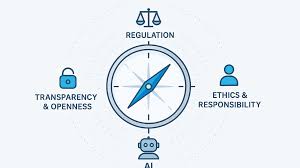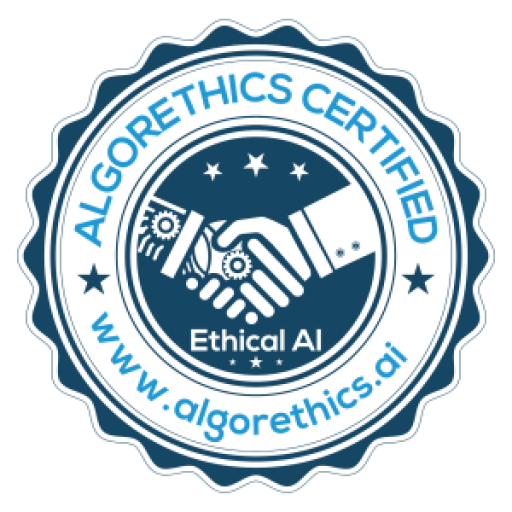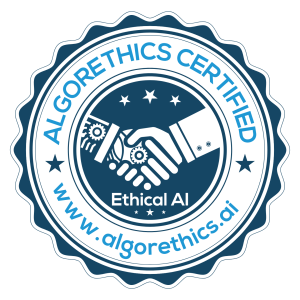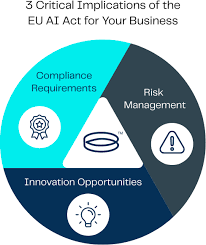In an era where artificial intelligence is rapidly advancing, governments across the world are grappling with how to regulate its development and deployment responsibly. Leading the charge is the European Union, whose recently enacted EU AI Act is setting a precedent for how nations can enforce ethical standards in AI. This landmark legislation doesn’t just affect companies within the EU—it’s influencing AI regulations globally, raising the bar for global AI law compliance.
The EU AI Act at a Glance
The EU AI Act, adopted in 2024, is the world’s first comprehensive AI regulation. It categorizes AI systems based on their risk levels—ranging from minimal to unacceptable—and imposes corresponding obligations on developers and users. High-risk AI applications, such as biometric identification and critical infrastructure management, face the strictest oversight. Conversely, minimal-risk systems, like spam filters or video games, are largely exempt.
The law mandates transparency, accountability, human oversight, and data governance standards, with significant penalties for non-compliance. In essence, the EU is prioritizing the ethical deployment of AI over unchecked innovation.
Beyond Borders: A De Facto Global Standard
Although it is a regional law, the EU AI Act has global implications. Any company wanting to sell AI products or services within the EU must comply with the law—regardless of where they’re headquartered. This extraterritorial reach mirrors the precedent set by the EU’s GDPR, which also prompted global alignment on data privacy.
Multinational tech firms are now restructuring their development processes to align with the Act, leading to a ripple effect. In many cases, organizations are choosing to adhere to EU standards globally to streamline compliance and ensure they don’t risk penalties when entering the European market.
This trend is prompting governments outside the EU to revisit their own AI regulations, fearing that falling behind could compromise their industries’ access to global markets and erode public trust.
Ethical AI as a Competitive Advantage
The emphasis on ethics and accountability embedded in the EU AI Act is forcing companies to view responsible AI not just as a regulatory burden, but as a market differentiator. Consumers, investors, and regulators are increasingly scrutinizing how AI systems are built and used. Compliance with the EU’s framework serves as a signal of trustworthiness and technical maturity.
For companies, especially those operating globally, embedding ethical considerations into AI design is now a necessity. In fact, aligning with global AI law compliance is becoming integral to brand reputation and long-term viability.
Influence on Emerging Regulations Worldwide
The EU AI Act is already inspiring similar legislative efforts in countries like Brazil, Canada, Japan, and the United States. Policymakers are borrowing elements such as risk-based classification, mandatory impact assessments, and auditability standards.
The alignment of regulatory frameworks across borders is also encouraging greater collaboration on AI safety and ethics. The Act has effectively created a common language around what constitutes responsible AI—bridging gaps between regions and fostering international dialogue on the future of AI governance.
The Road Ahead
While the EU AI Act is a bold step forward, it’s not without challenges. Critics warn of potential stifling of innovation, especially for startups that may lack the resources to ensure compliance. Questions also remain about enforcement capacity and how well the law can adapt to rapidly evolving AI technologies like generative models.
Nonetheless, the Act’s role in reshaping the global ethics landscape is undeniable. It has raised expectations for transparency, human rights protections, and risk mitigation across the AI ecosystem.
Conclusion
The EU AI Act is more than just a piece of legislation—it’s a catalyst for global transformation in how AI is governed. As AI technologies become more powerful and pervasive, robust AI regulations are essential for ensuring they serve humanity rather than harm it. Through its far-reaching scope and ethical framework, the EU has laid a foundation for global AI law compliance that is reshaping the conversation around AI ethics, setting a standard the world is increasingly inclined to follow.







